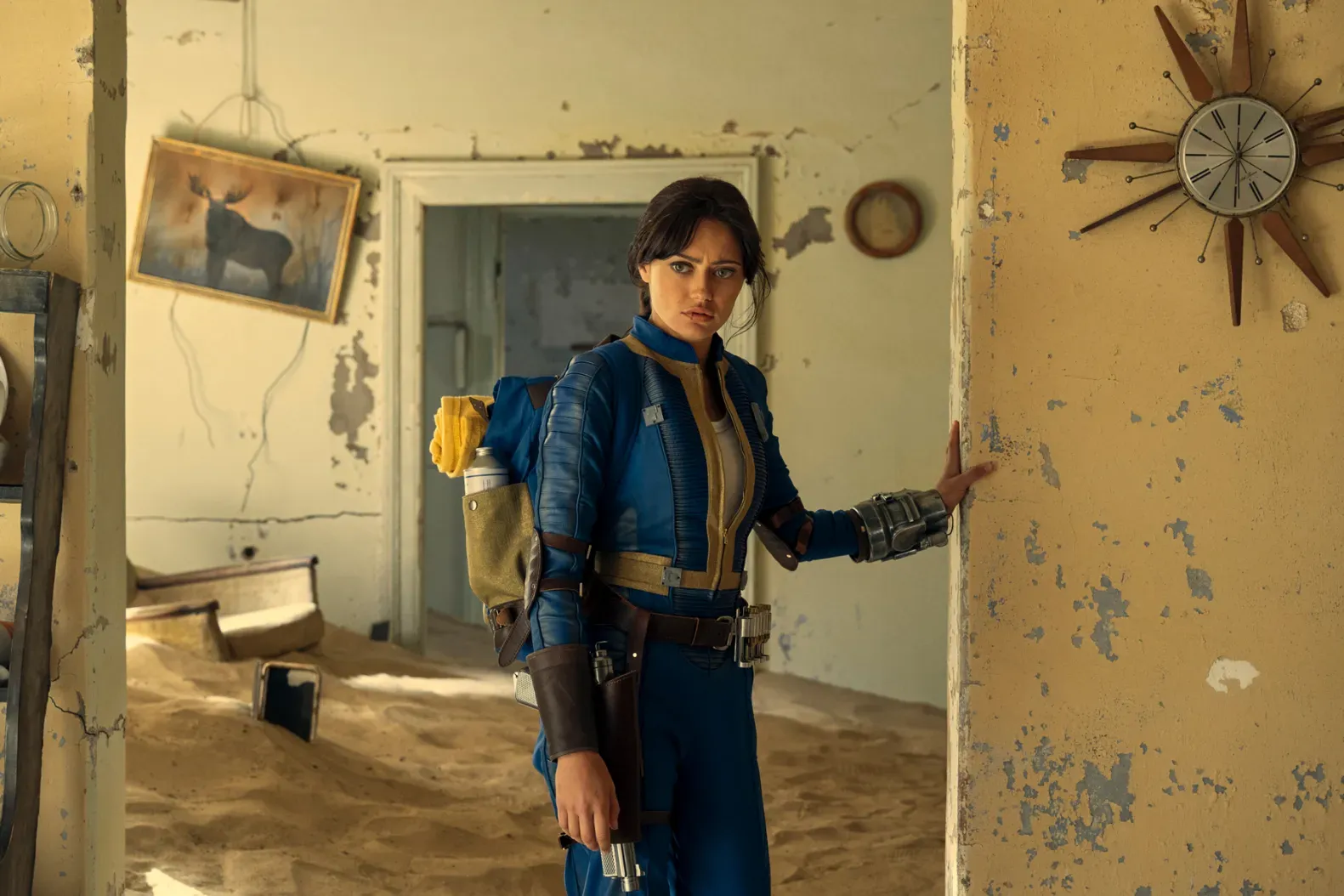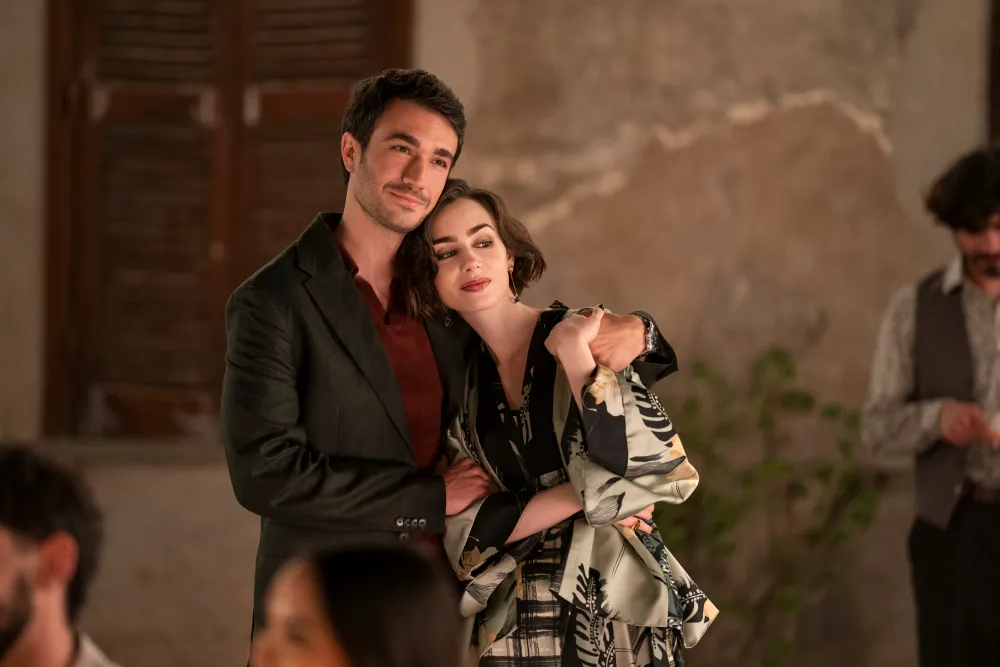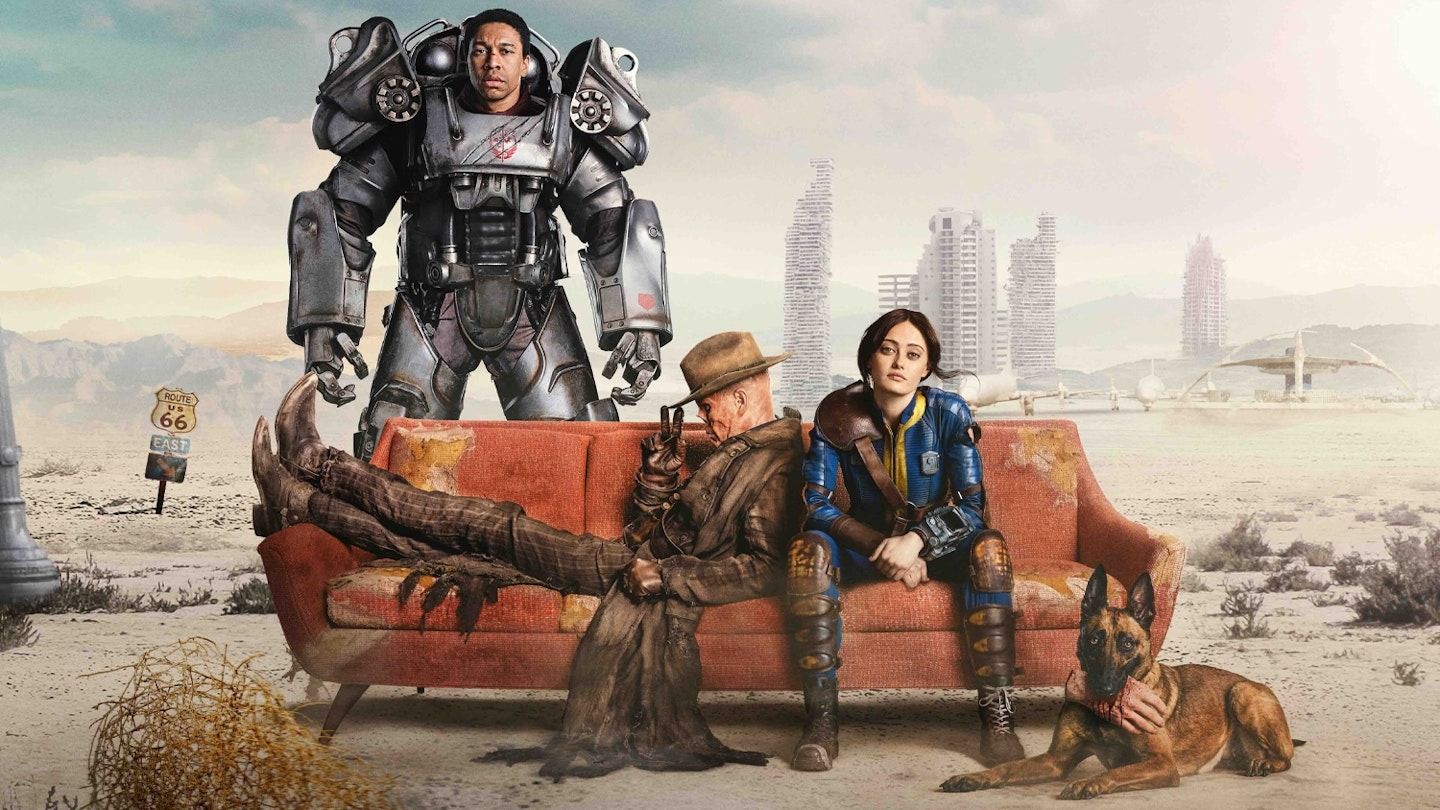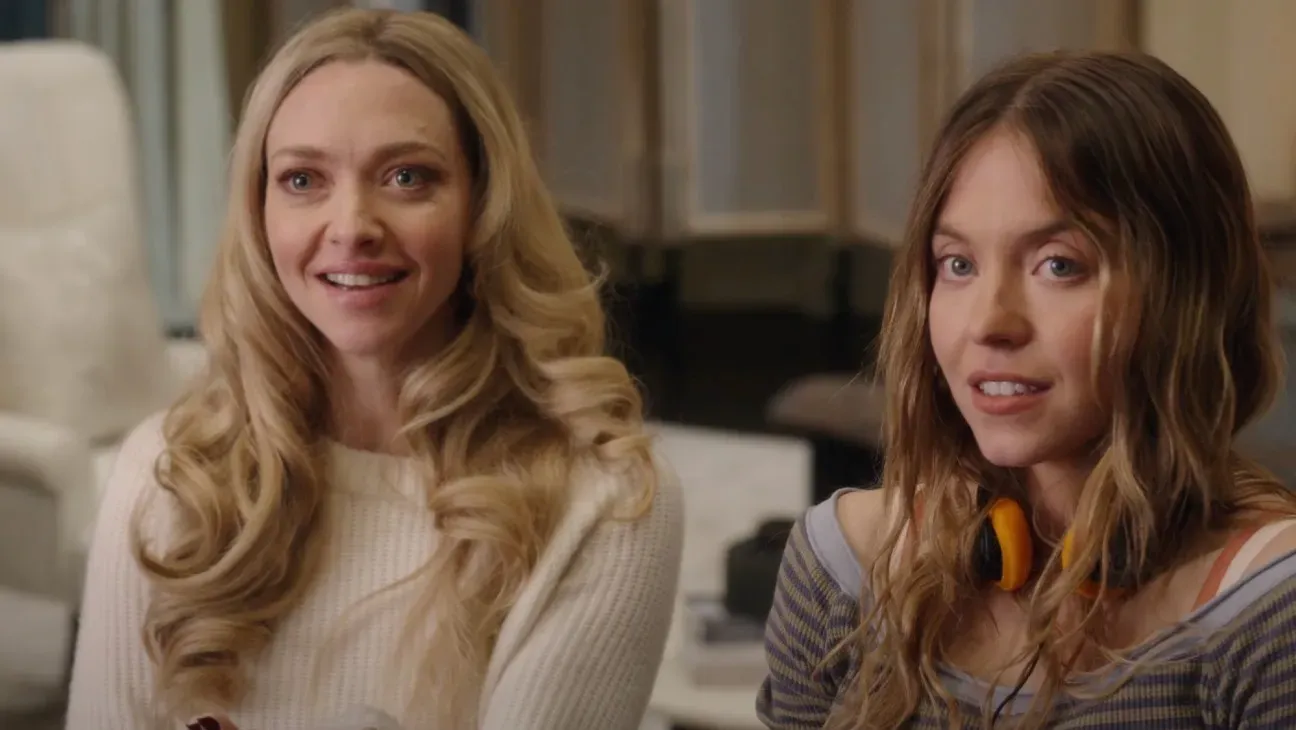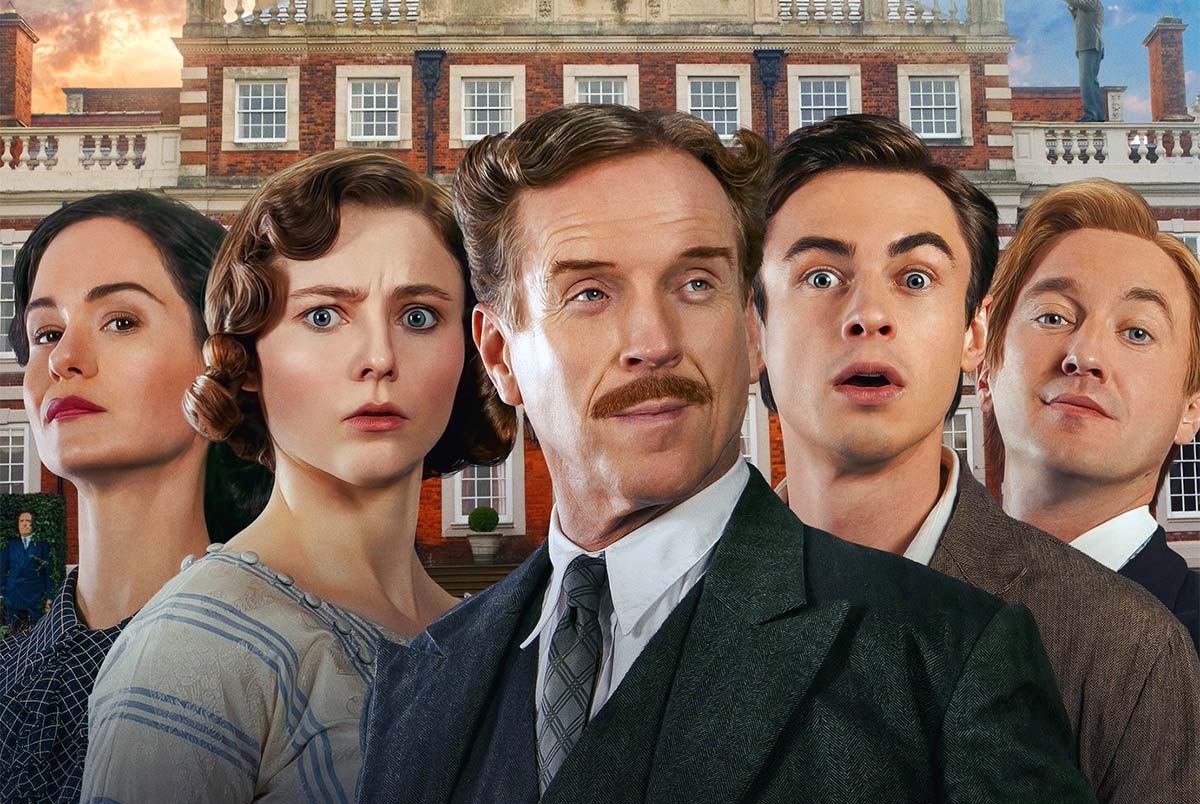
The Blackening (2023) - Movie Review
- Jul 4, 2023
"Everyone can't be the first to die," this tagline encapsulates Tim Story's "The Blackening," a film that pays tribute to horror such as “Scary Movie.” The movie's humor, characters, and social critique will resonate with all, but will especially strike a chord among Black audiences. The Black community's movie-watching traditions often include voicing disbelief at the poor decisions of horror movie characters and expecting that Black characters are unlikely to survive till the end. This cultural nuance has inspired films like Jordan Peele’s “Nope” and the “Scary Movie” franchise. Yet, “The Blackening” manages to create a unique narrative, borrowing elements from these predecessors.
See Also: The Flash (2023) - Movie Review
Expanding on the 2018 Comedy Central short film by the comedy group 3Peat, of which co-writer Dewayne Perkins is a member. ”The Blackening" brings together a group of old college pals for a Juneteenth celebration at a secluded cabin. Post reminiscing and several rounds of Spades, they face a ruthless killer. Their survival depends on their streetwise intelligence and understanding of Black culture. This results in a film that is a wild celebration of their culture.
At the heart of their survival saga is a board game, "The Blackening," with a racist caricature at the center. The group must play to stay alive. The game's questions revolve around Black pop culture, allowing them to buy a few more minutes of life. However, once the questions are exhausted, the movie shifts to a full-blown slasher film.
From its opening sequence reminiscent of "Scream" to a televised game master echoing "Saw," "The Blackening" showcases its horror influences. The script, co-written by Perkins and Tracy Oliver, is a comedic tour de force. It has many laugh-out-loud moments and visual humor. The violence serves more as comic relief than horror. Yet, there's no shortage of bloodshed in the thrilling chases and intense confrontations.
The cast's infectious camaraderie fuels both the film's fear and humor. While every character shines, the standout is Dewayne (Dewayne Perkins). He is the gay best friend of the central character, Lisa (Antoinette Robertson). Dewayne's reactions to Lisa's renewed relationship with her unfaithful college ex, Nnamdi (Sinqua Walls), add layers of emotion and humor to the plot. This complicated love triangle brings both heartfelt and humorous moments, with Robertson and Walls exhibiting genuine romantic chemistry.
While "The Blackening" explores the dilemma between romantic relationships and friendship, every character in the ensemble stands out. The group ranges from the absurd Clifton (Jermaine Fowler), a clumsy conspiracy theorist who supports Trump, to the fiery, straightforward Shanika (X Mayo). The film ensures that every comedic opportunity is exploited. Melvin Gregg shines as King, Nnamdi’s laid-back ex-gangster friend. Grace Byers, as Allison, masters physical comedy while high on Adderall. As the group's only biracial friend, Allison becomes the butt and master of the film's jokes about the complexities of Black identity.
Amid the non-stop humor, the movie subtly explores Black representation in horror, media, and culture. The film cleverly interrogates the criteria defining Blackness and the ways one's 'Black card' can be revoked. Although the movie humorously questions someone's Blackness based on not watching “Friday,” Story also criticizes the harmful judgment and stereotyping faced by Black individuals who may not have had the chance to fully explore their culture.
Although "The Blackening" does not possess the depth of modern Black horror masterpieces like “Get Out,” it does not aim to. It is an unabashedly Black comedy that retains its sharp humor and poignant social commentary until the end, serving up a film that audiences didn't know they were missing.


